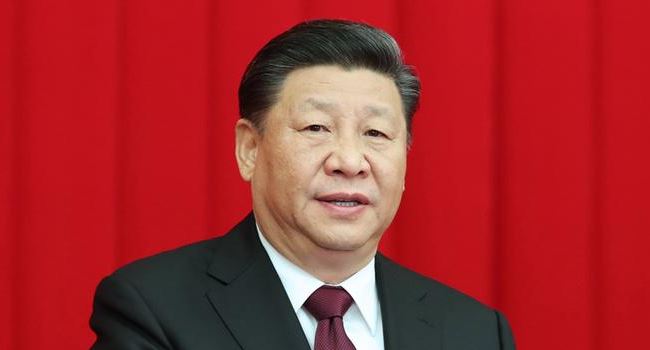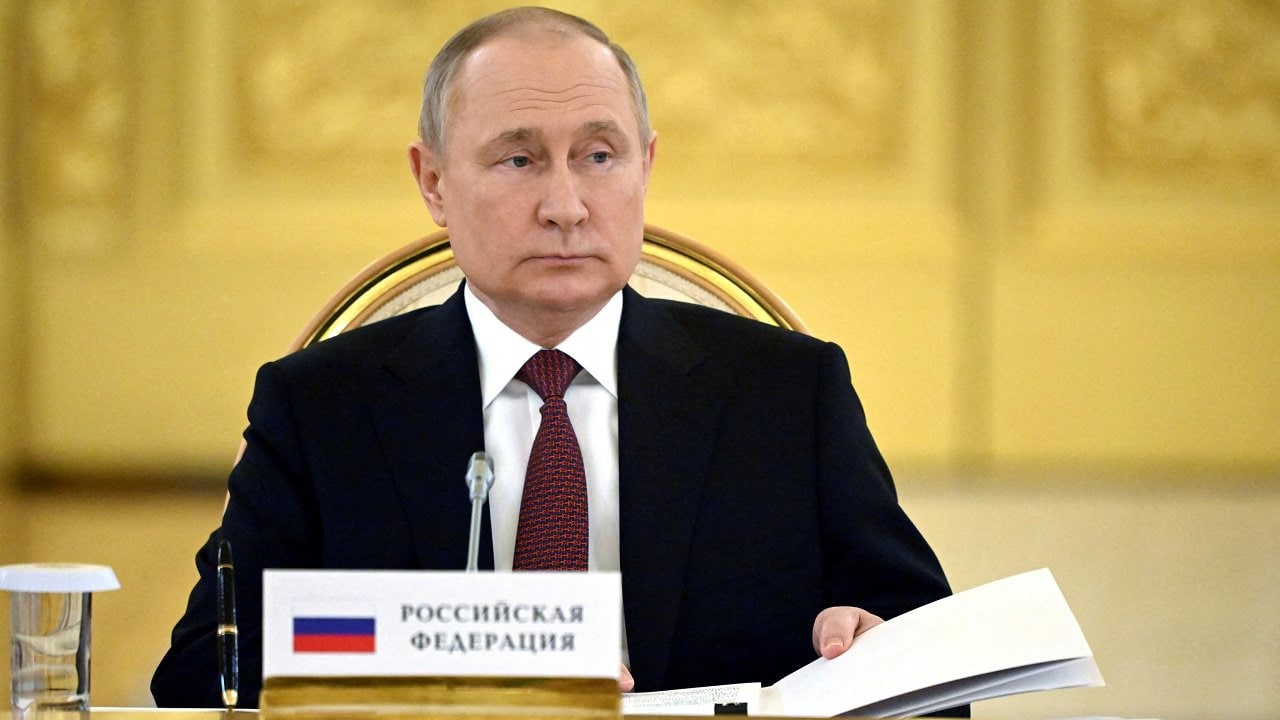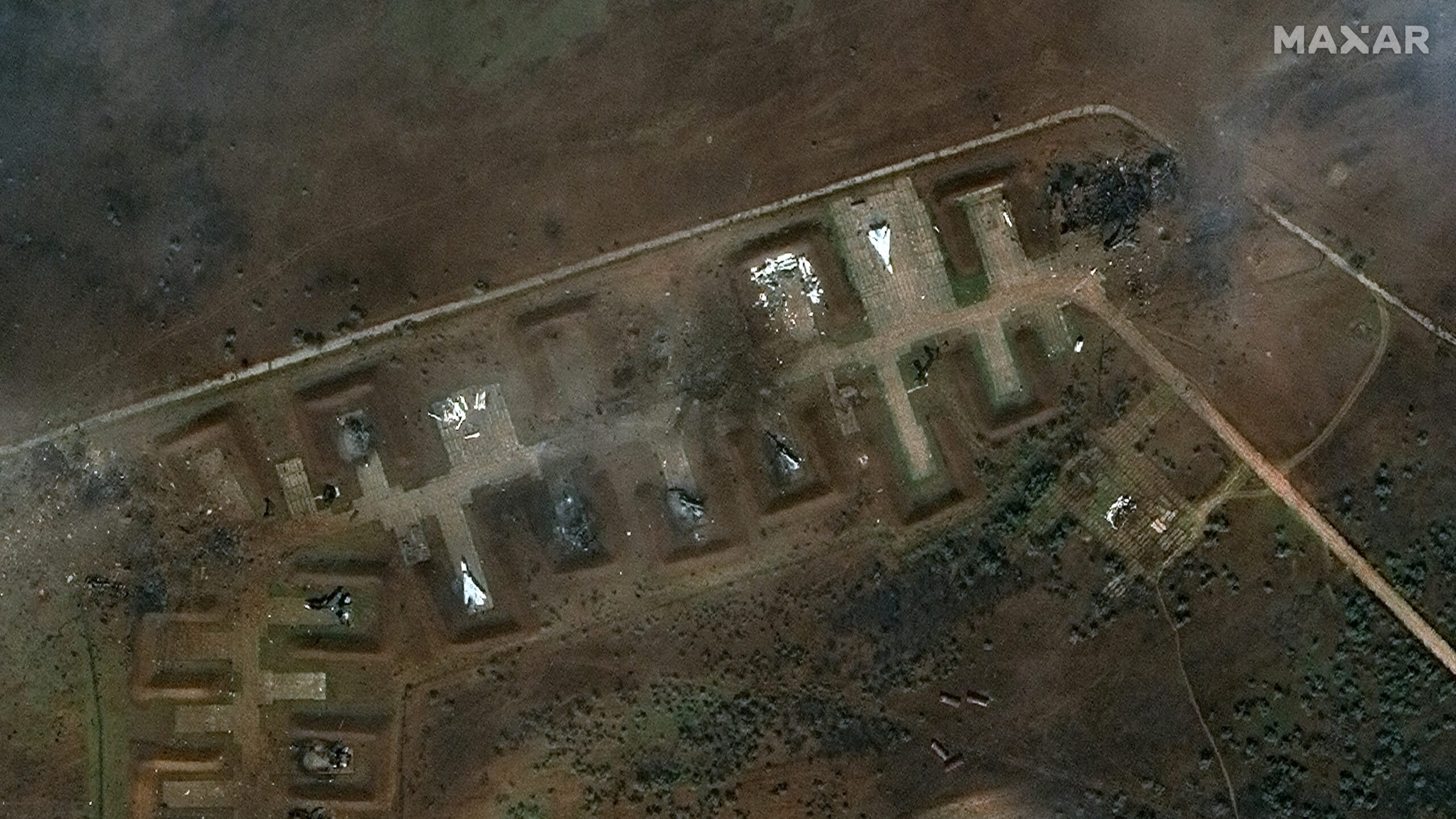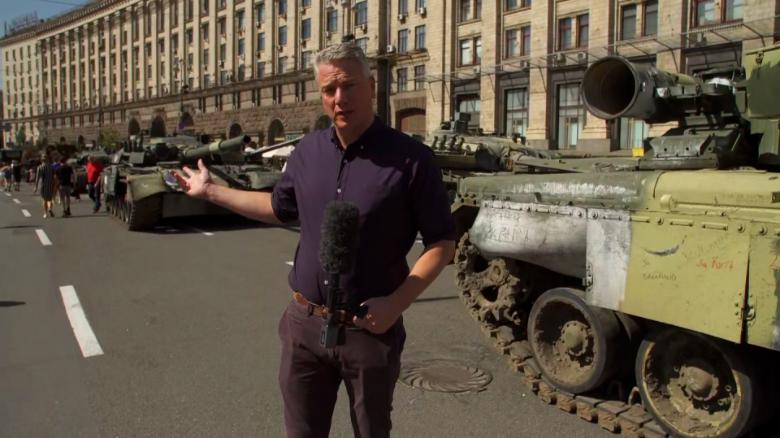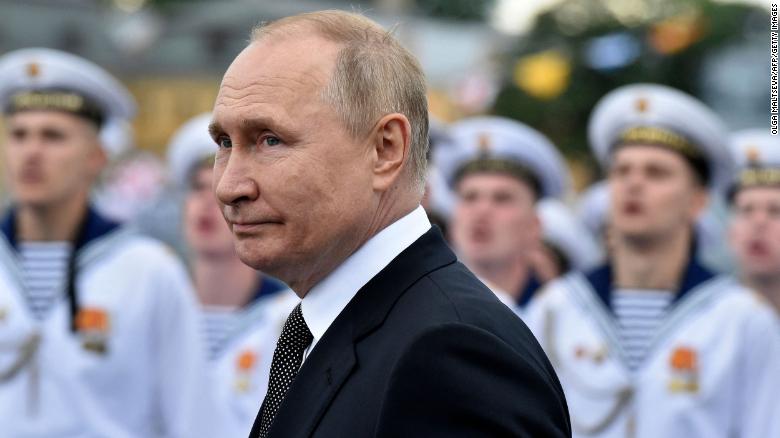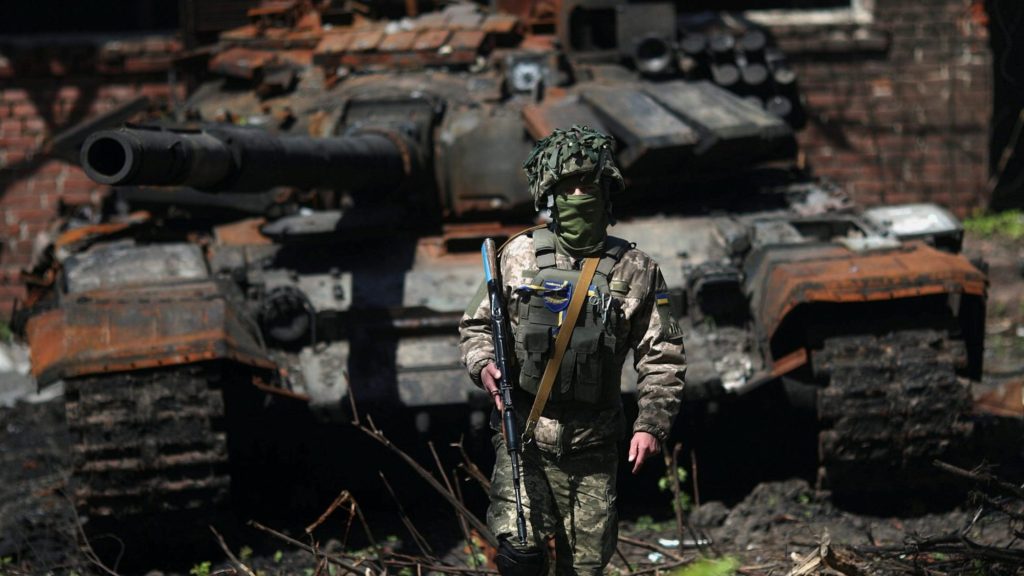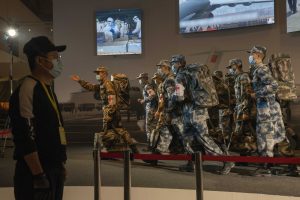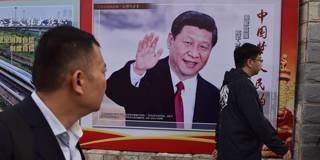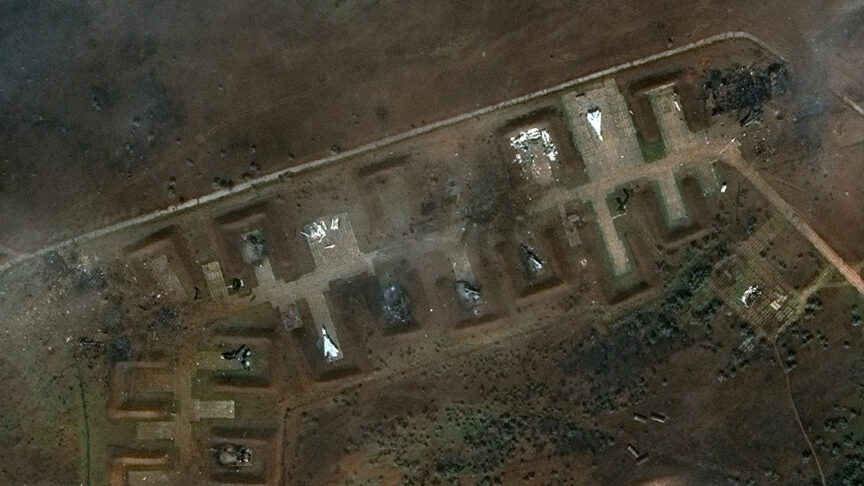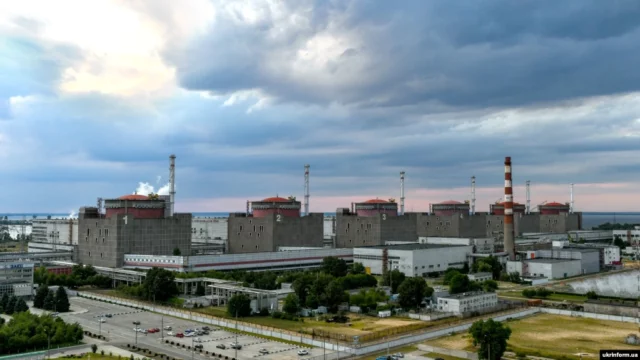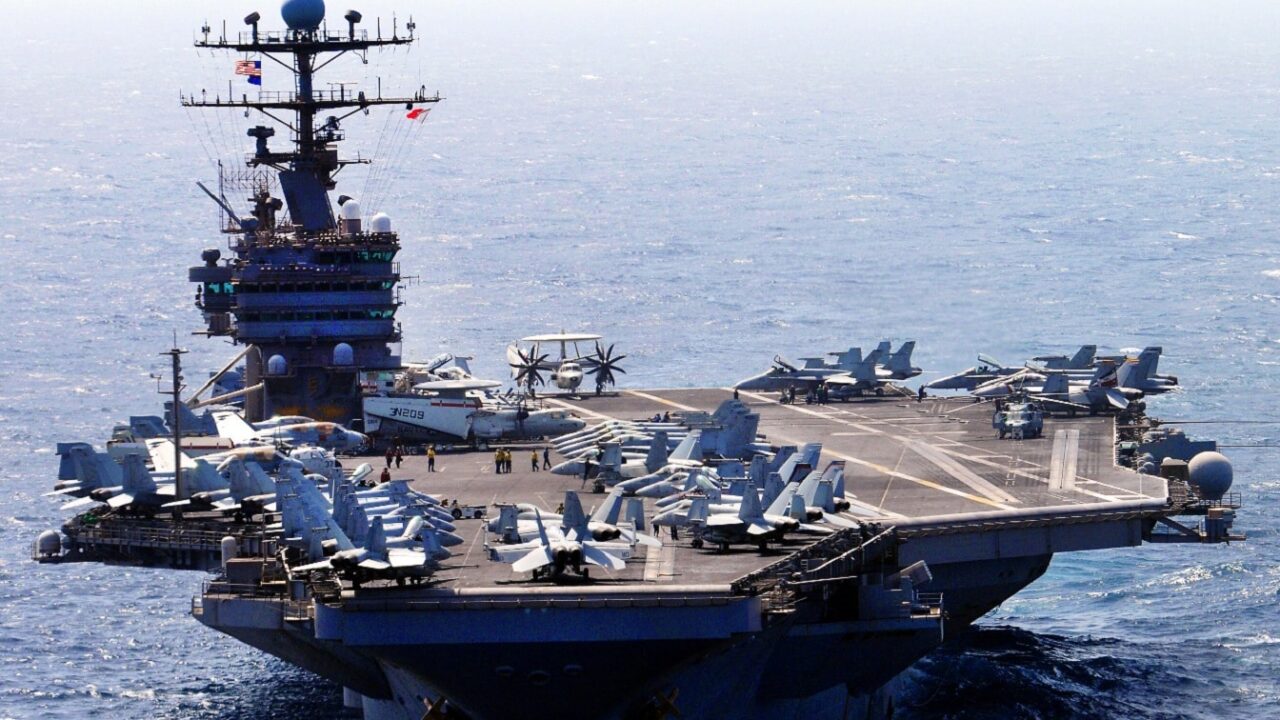Stephen Collinson
(CNN)The new $3 billion US package that will send fresh military hardware to Ukraine reinforces a remarkable commitment to President Volodymyr Zelensky's resistance against Russia. Washington warns of a potential Kremlin escalation as the war hits the six-month mark.
Yet even as top Ukrainian officials welcome President Joe Biden's move, which will allow Ukraine to acquire air defense and artillery systems, munitions and radars, they are warning that the world must not tire of a conflict that, if anything, is becoming more brutal and bloody. There are strong political and economic reasons why they might be right to worry.
Biden, who unveiled the package on Wednesday, praised the country's strength on a day that marks the independence to which Russian President Vladimir Putin says it is not entitled.
"Today and every day, we stand with the Ukrainian people to proclaim that the darkness that drives autocracy is no match for the flame of liberty that lights the souls of free people everywhere," the US President said in a statement about a war that has sent shockwaves around the world and has major domestic implications in a tough midterm election year for the White House.
"The United States, including proud Ukrainian-Americans, looks forward to continuing to celebrate Ukraine as a democratic, independent, sovereign and prosperous state for decades to come."
Half a year after unprovoked invasion, the war in Ukraine hasn't gone away despite being overtaken in US headlines by former President Donald Trump and inflation. The stakes have not changed; they are as important now as ever.
But as a conflict that has evolved multiple times reaches another possible pivot point, a familiar question is being raised with new urgency -- especially by Ukrainians: How long is the West willing to stay engaged?
US and European money and military aid remain critical to Ukraine's capacity to stave off Russia's invasion and its hopes of reclaiming territory in the east and south even as it escalates its own attacks in Russian-annexed Crimea.
But senior figures in the Kyiv government are sufficiently concerned that they are again warning of the massive stakes for the democratic world as they face down Putin's troops half a year into the conflict.
"I call it fatigue syndrome, and for me it's one of the main threat(s)," Ukrainian Defense Minister Oleksiy Reznikov said in an exclusive interview with CNN's Sam Kiley. "We need to work with this threat, because we need to ... communicate, to ask people, don't be (in) on this fatigue. Because this is very, very dangerous for us."
Questions about the longevity and intensity of Western commitment is coming at a perilous moment. The State Department on Tuesday advised Americans to leave Ukraine immediately, warning of potential Russian attacks on Wednesday's 31st anniversary of independence.
There are also tenuous fears that the capital's return to a pale imitation of normality could be shattered by Russian strikes after the daughter of influential, ultra-nationalist philosopher and Ukraine war propagandist, Alexander Dugin, was killed in a car bomb on the outskirts of Moscow. Ukraine has denied responsibility and the hasty Russian investigation offers little confidence in its claims that an operative from Kyiv's special services was to blame. But the murder has sparked chilling Russian demands for vengeance and total warfare against Ukraine. In the past, Putin has seized on dubious events as excuses for brutal military action -- unleashing a fearsome assault on Chechnya, for instance, in 1999 after apartment bombings that some foreign observers alleged were false flag operations.
Zelensky warns the world not to get 'tired' of Ukraine
Reznikov is not the only top Ukrainian official worried about waning foreign attention with his country desperately reliant on Western arms and ammunition to keep up a fight that is causing a terrible toll.
President Volodymyr Zelensky told CNN's David McKenzie at a news conference in Kyiv on Tuesday that he understood all countries have their problems, at a time when Western populations are squeezed by a high cost of living. But he added that Ukraine still needs more help. "As soon as the world gets tired of this problem, it will be a very big threat," Zelensky warned.
See how the streets of Kyiv look on Ukraine's Independence Day 02:41
Biden has an unequivocal short-term answer to Zelensky's concerns with his new $3 billion security assistance package, adding to the sophisticated arsenal and ammunition hauls already sent Ukraine's way. This follows last week's $775 million US package that included HIMARS rocket systems and 105mm Howitzer ammunition, anti-armor missiles and mine-clearing capabilities that reflected a Ukrainian desire to launch more offensives against Putin's forces.
There's little doubt about Biden's personal commitment to the cause. He has argued that the fight for Ukraine is central to US interests because it is ultimately about the struggle for democracy, which is under threat globally and at home and on which he has staked his presidency. Asked whether there would come a point whether the US could no longer afford to offer such largesse to Ukraine, John Kirby, the National Security Council's coordinator for strategic communications, reinforced a message spelled out by Biden at a recent NATO summit.
"The United States is going to continue to support Ukraine for as long as it takes and he meant every word of that," Kirby told CNN's Jake Tapper, promising aid packages from the US and "dozens" of other countries.
Biden's war management is a little heralded foreign policy success
Still, the tension of the last few days has trained new attention on the Biden administration's approach to Ukraine, which earlier in the year dominated US news shows and Washington politics for weeks after Putin's invasion set off a World War II-style conflict in Europe, and triggered concerns of a possible US confrontation with an old Cold War foe.
This is more than just a war about Putin's desire to revive the greater Russia's footprint and reverse the geopolitical effects of the collapse of the Soviet Union. It has tested the West's will to stand up to a Russian autocrat trying to rewrite the borders of the European landmass. The US proxy campaign is sustaining a sovereign people attacked by a more powerful neighbor who have suffered atrocities. Ultimately, it is a major fight in a wider duel between tyranny and democracy, a geopolitical tussle that also draws in the rising US super power confrontation with China -- to which Moscow has moved closer in opposition to Washington.
Individual flashpoints in the war also threaten US interests. The current standoff over the Russian-occupied Zaporizhzhia nuclear power plant threatens an environmental catastrophe that could slam the world economy and put large numbers of lives at risk. US Deputy Ambassador to the UN Richard Mills warned Tuesday amid a frantic international diplomatic effort that Russia is "pushing us to the brink of nuclear disaster."
Americans, like people everywhere, have also suffered punishing economic reverberations from the war. Though some agricultural exports have resumed and oil prices responsible for soaring gasoline costs have dipped, the war retains the capacity to inflict financial pain and political consequences thousands of miles away from its killing fields.
There's been little domestic political payback for Biden's approach to the war in Ukraine. But as the last Western leader who was politically active at a high level during the Cold War, as a senator, he has skillfully unified the West in the confrontation with the Kremlin. So far, he has pulled off the high-wire feat of arming Ukraine while avoiding a direct confrontation with Russia that could cause fears of an escalation going all the way up to the brink of nuclear conflict.
A war of attrition looms
But there are reasons why Ukraine's concerns about Western long-term commitment may be well founded. For example, NATO Secretary General Jens Stoltenberg has been warning of a prolonged war. "Winter is coming and it will be hard," he said in an online summit with Zelensky and other world leaders on Tuesday.
"What we see now is a grinding war of attrition," Stoltenberg said, raising the need for a long Western commitment.
The daunting reality for the West is that this war may be as close to existential as it gets for Putin, who has not balked at the appalling cost in blood for Ukrainians or Russian troops alike. Earlier hopes for a diplomatic solution faded long ago, partly owing to mistrust between both sides. For example, Ukraine's ambassador to the UN said a Security Council session over the nuclear plant at Zaporizhzhia on Tuesday was a waste of time because Russia filled it with "fictitious soundbites." And while Western sanctions have pulverized the Russian economy, there are no signs yet it has led to a wobble in Putin's political position or changed his own calculations.
The elongated proxy clash between the West and Russia now threatens to increase the costs that the alliance's leaders- many of whom face treacherous political conditions and disgruntled constituents- will face for continuing to support Ukraine.
In the United States, there is no guarantee, for instance, that a Republican House of Representatives, which could emerge from midterm elections in November, would be as enthusiastic as Biden in sending tens of billions of dollars in aid to Ukraine. Any GOP House majority could be in thrall to radical, pro-Trump members, several of whom have already questioned the US commitment to Ukraine.
Presidents have large discretion in foreign policy, and the administration has not just relied on new congressional spending to help Ukraine, it has used various devices to tap existing funds and the Pentagon armory. But Trump's deference to Putin and the fact that it was a telephone call to Zelensky that triggered his first impeachment could raise questions about how the former President could weigh on US policy through his leverage in Congress. Longer term, Ukraine might have considerable trepidation at the possibility that Trump makes it back to the White House after the 2024 election.
Of more immediate concern is the unity of European allies in what is shaping up to be a miserable winter of high inflation, soaring energy prices and political discontent. Putin has several times in recent weeks signaled his capacity to increase the agony for Western publics that rely on Russian energy. Natural gas prices have spiked again following several maintenance interruptions of a key pipeline bringing Russian gas to Europe, which were seen as unsubtle signals from Moscow.
Germany in June activated an emergency plan that brought it closer to rationing of natural gas because of supply interruptions. The Berlin government has often been seen as a possible weak link in the Western alliance and especially vulnerable to what officials in Washington see as Russian blackmail over energy supplies. The situation will only get more acute as temperatures drop and as political pressure piles on German Chancellor Olaf Scholz and other European leaders.
So far, every time the commitment of the transatlantic alliance to Ukraine has been tested, it has stood firm. But it is based on a comparatively fragile political foundation, which is why Zelensky and his ministers are yet again sounding the alarm about the stakes of the war.
